Special in Uniform Commands Atlanta’s Attention
Special in Uniform is a program that gives Israelis with special needs the chance to meaningfully contribute to the IDF and perform essential support tasks for it.
Turning 18 can be a sad time for many Israelis with special needs. As their peers are off beginning their military service, those with special needs may receive a letter calling them in for a medical examination to disqualify them, and it can further separate them from Israeli society. Lt. Col. (Res.) Tiran Attia is aiming to change that moment into a more positive one.
Attia served almost 28 years in the Israel Defense Forces in the armored corps, logistics among others. For the past five years, he has served as the director of Special in Uniform, a program that gives Israelis with special needs the chance to meaningfully contribute to the IDF and perform essential support tasks for it.
Early last month, Attia sat down with the AJT to discuss the evolving role of his organization, inclusion in Israel more broadly, and what brought him to Atlanta.
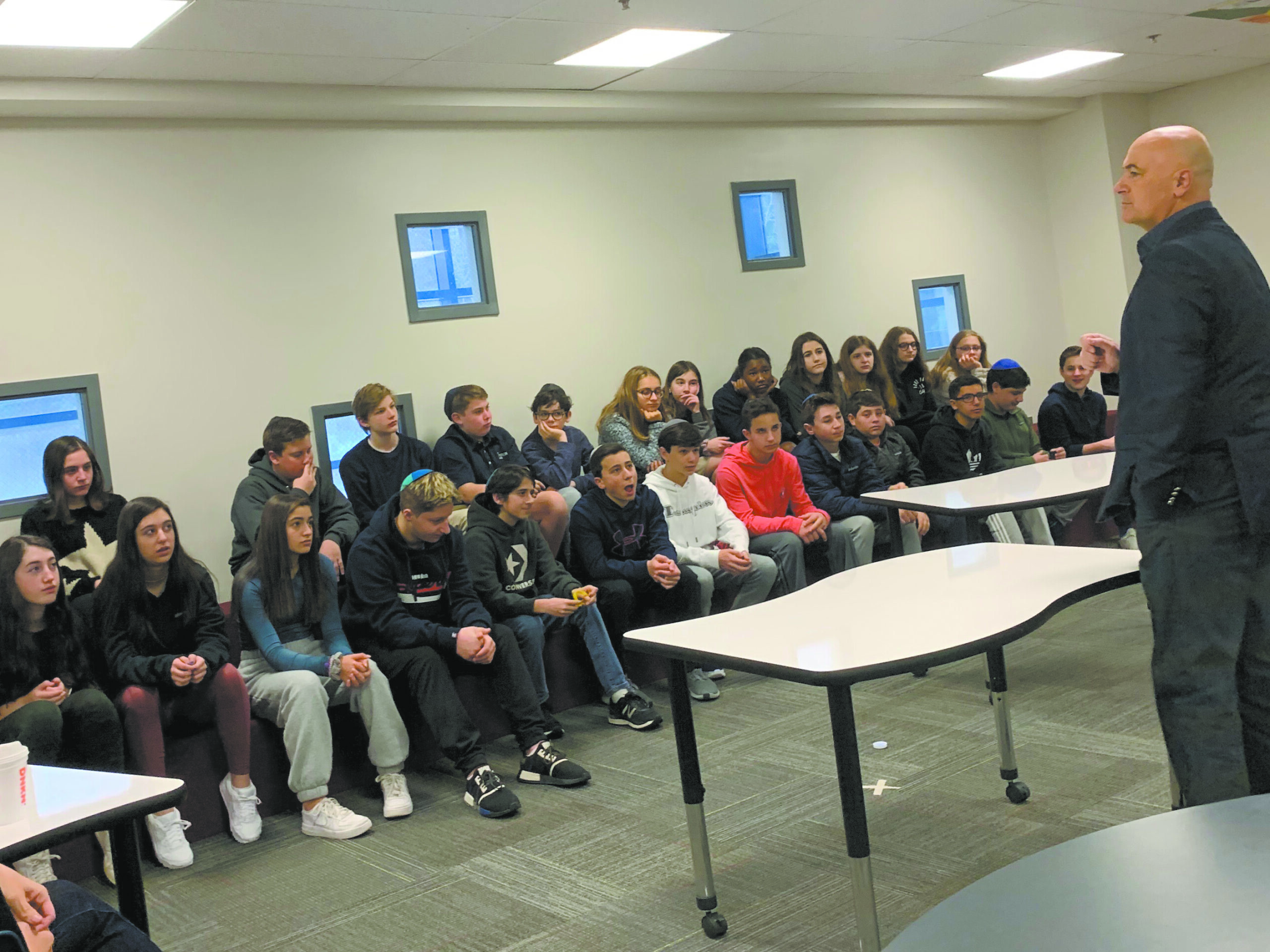
“The program was established on the belief that we consider each person’s disability a special ability, that everyone has something to give if you just help them find it,” he said. “When they come to the army, it isn’t charity; they are doing essential jobs like anyone else.”
While the tasks vary for each Special in Uniform participant based on aptitude and interests, some examples include culinary preparation, working with mechanics, quality assurance or even computer programming.
He also explained how his soldiers’ presence can increase morale for others on the same base.
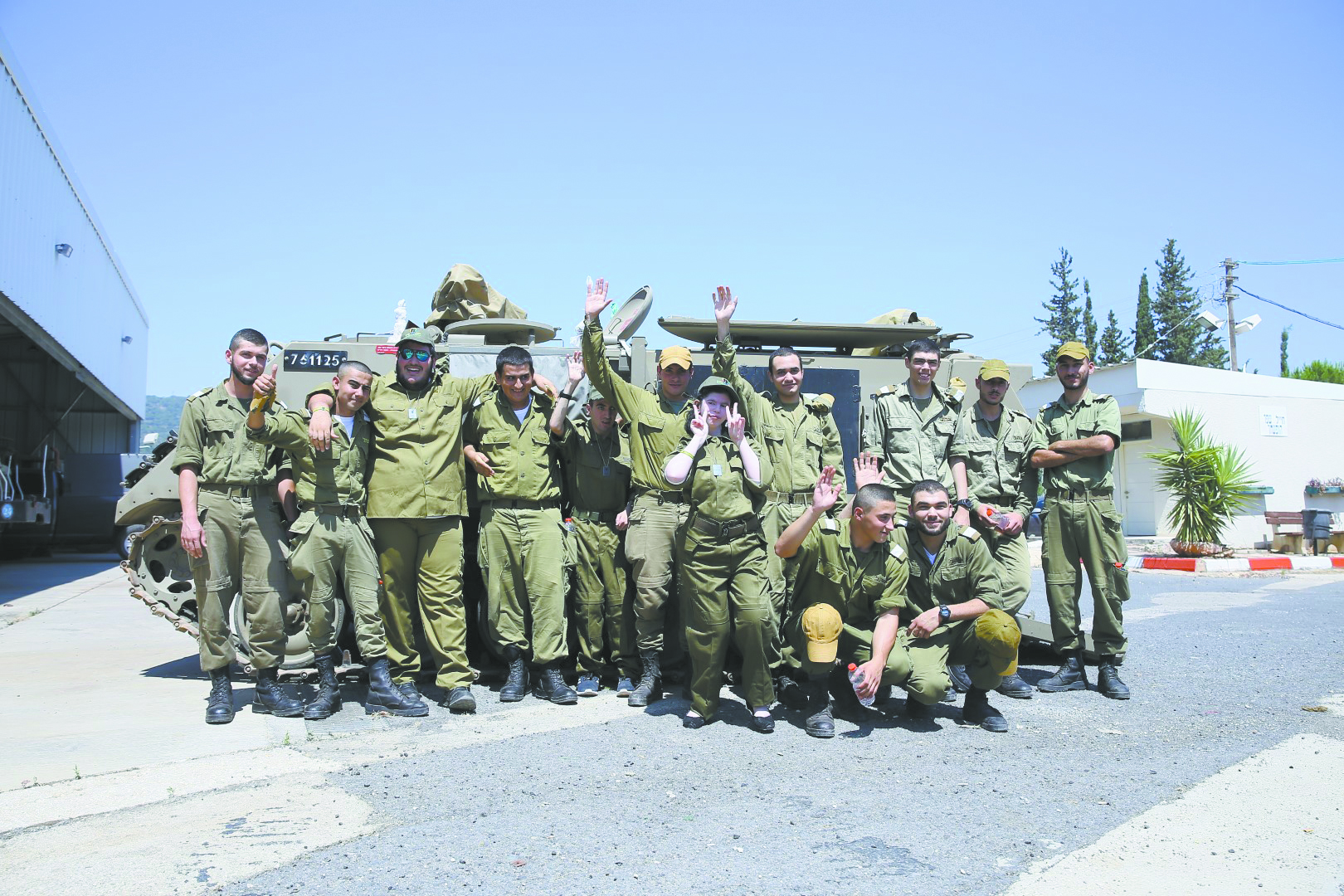
“Ben-Gurion University did a study a few years ago that showed that each place there are people with special needs serving, the rates of negative behavior and discipline go down,” he said. “We also see the bonds forming between typical soldiers and special needs soldiers and they can reform some of the thinking around people with special needs.”
That reform can have lasting effects on his soldiers’ futures.
“In the long run, these soldiers and commanders may be CEOs or bosses who hire people with special needs because they saw what they were capable of in the army and the idea isn’t foreign to them anymore,” he said.
Participants’ wellbeing after their service is always at the forefront of Attia’s mind.
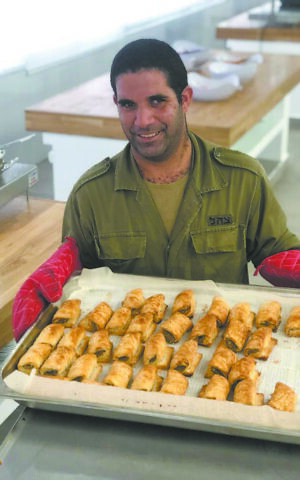
“We give incentives to companies to hire them, and Israel has passed a revolutionary law that companies above a certain size must create opportunities for someone with special needs,” he said. “Fortunately, 70 percent of our graduates are finding jobs in the Israeli market.”
While the program is centered on current service, his soldiers’ futures never stray far from Attia’s head.
“It’s a nice program to have while you’re serving, but we aim to make it like the Hotel California, ‘You can check in any time you want, but you can never leave,’” he joked. “We make the transition a path. Those last three months are focused on teaching you that the army is over and that you’re going to be much more responsible for yourself.”
Special in Uniform has group homes for graduates and is ever expanding the depth of its programming for those who have moved on. With the program just 14 years old, most of its graduates are still in their 20s and 30s, but that doesn’t stop Attia from looking farther ahead.
“Our perspective is currently 10, 20 and 30 years ahead, but we’re talking in the far future about elderly homes for our participants and hopefully I will still be around to help out with that,” he said.
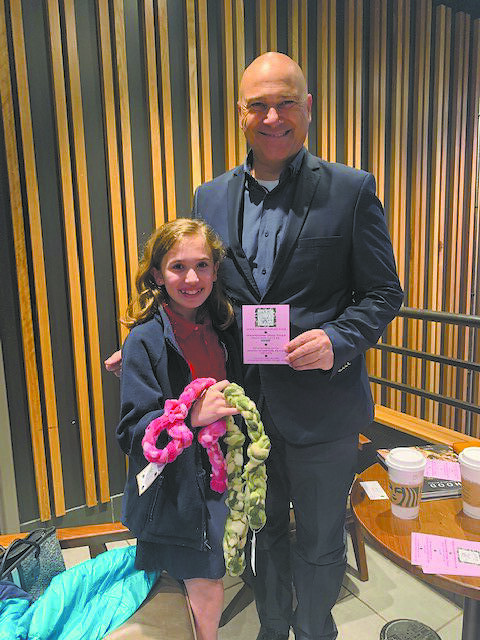
Turning his attention to his time in Atlanta, Attia noted that supporting a participant costs an average of $10,000 a year and a battalion of 12 to 20 costs an additional $100,000.
“I am here in Atlanta to raise funds for our program. We are funded by JNF [Jewish National Fund]; 60 percent comes from JNF, 25 percent from Israeli companies, and the other 15 from contracts with the ministries of welfare and education,” he explained.
While in town, he spoke to JNF’s major donors, students at The Davis Academy and The Epstein School on Tu B’Shevat, as well as a JNFuture culinary class at “Yes, Chef!”



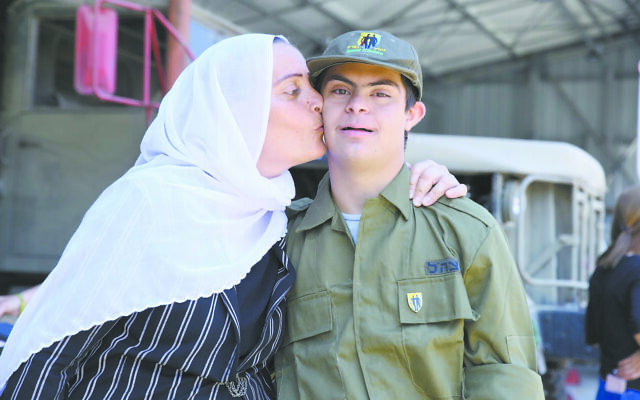
comments